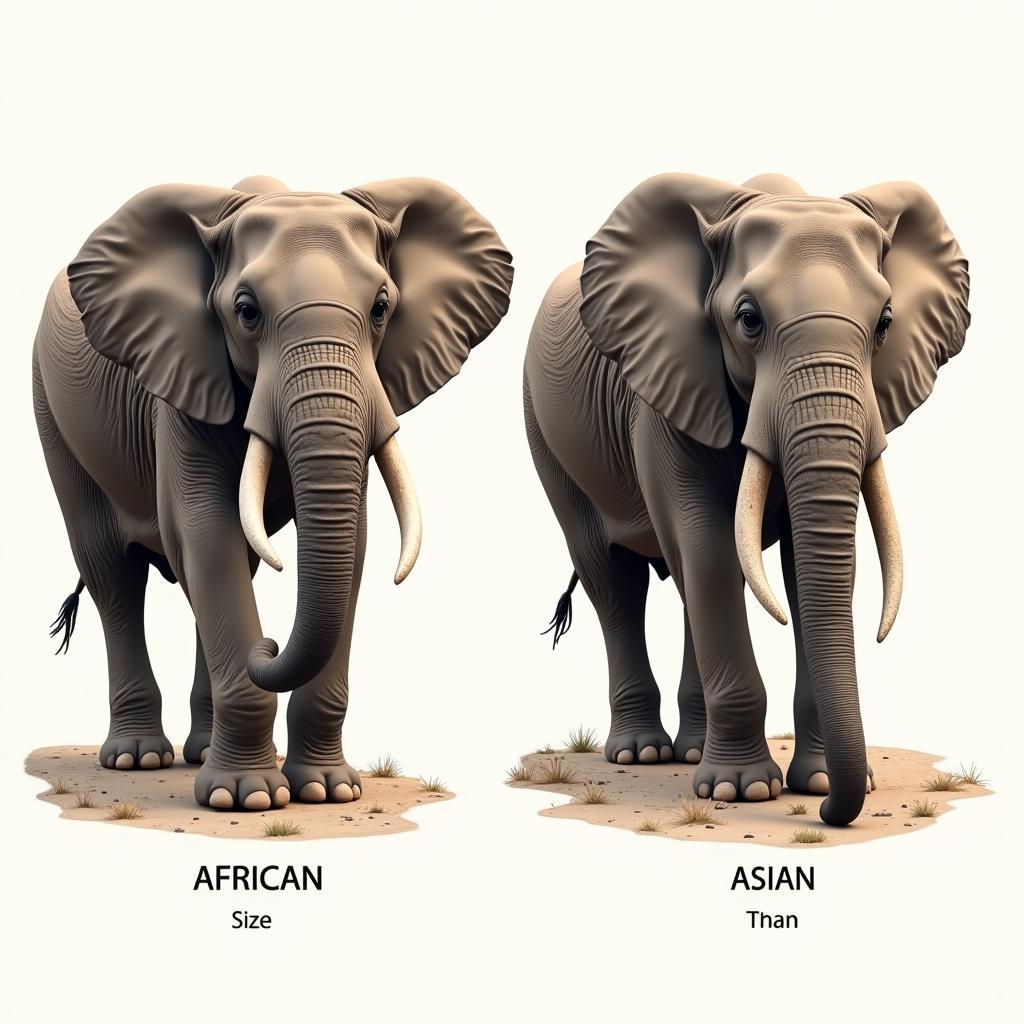Unveiling the African Dwarf Crocodile
The African Dwarf Crocodile, a fascinating reptile native to Central and West Africa, is the smallest crocodile species in the world. These elusive creatures, often overlooked in favor of their larger cousins, play a vital role in their respective ecosystems and boast unique characteristics that make them a captivating subject of study.
While these animals might be small, their impact on the ecosystem is significant. They primarily inhabit slow-moving rivers, swamps, and flooded forests, contributing to the balance of the aquatic food web. They feed on fish, crabs, frogs, and other small animals, helping to control their populations. For those interested in purchasing one, it’s important to note the legal restrictions and ethical considerations. You can find more information about acquiring an african dwarf crocodile for sale.
Physical Characteristics of the African Dwarf Crocodile
African dwarf crocodiles typically grow to a maximum length of around 5 feet, significantly smaller than the Nile crocodile or saltwater crocodile. Their dark, bony plates provide effective camouflage in their murky habitats. These plates, also known as osteoderms, offer protection against predators.
Habitat and Distribution: Where Does the African Dwarf Crocodile Live?
The African dwarf crocodile’s range spans across western and central Africa, from Senegal to the Democratic Republic of Congo. They prefer slow-moving freshwater habitats like swamps, rivers, and flooded forests, where they can easily ambush their prey. Their secretive nature and preference for dense vegetation make them difficult to spot in the wild.
Diet and Hunting Techniques: What Does the African Dwarf Crocodile Eat?
Primarily nocturnal hunters, African dwarf crocodiles use a combination of ambush and pursuit tactics to catch their prey. They lie in wait, partially submerged in the water, and patiently stalk unsuspecting fish, crabs, frogs, and other small animals. Their powerful jaws and sharp teeth allow them to quickly subdue their prey. Children are often fascinated by the unique feeding habits of these reptiles, and resources like african dwarf crocodile facts kids can offer valuable educational insights.
Conservation Status and Threats: Protecting the African Dwarf Crocodile
The African dwarf crocodile is currently listed as vulnerable on the IUCN Red List, facing threats from habitat loss due to deforestation and human encroachment. Hunting for their meat and skin also contributes to their declining populations. Conservation efforts are crucial to ensure the survival of this unique species. Just like the crocodile, many other african animals that swim are facing similar threats.
Understanding the African Dwarf Crocodile’s Behavior
African dwarf crocodiles are primarily solitary animals, except during the breeding season. They are known to be shy and reclusive, often hiding in burrows or under vegetation during the day. They are also known to be territorial, defending their chosen area from intruders. It’s important to compare the size of these crocodiles with other animals to truly understand their place in the ecosystem. You can explore size comparisons with other animals, such as the african buffalo size comparison, to get a better perspective.
Conclusion: Appreciating the African Dwarf Crocodile
The African dwarf crocodile, although small in stature, plays a significant role in the African ecosystem. Understanding their behavior, habitat, and the threats they face is crucial for their conservation. Let’s continue to learn about and protect these fascinating creatures.
FAQ
- What is the average lifespan of an African dwarf crocodile? They can live up to 50-75 years in captivity.
- Are African dwarf crocodiles dangerous to humans? While generally shy, they can bite if provoked.
- What is the primary diet of an African dwarf crocodile? They mainly eat fish, crabs, frogs, and other small animals.
- Where can I find more information about African dwarf crocodiles for kids? Online resources and educational websites provide detailed information.
- What are the biggest threats to the African dwarf crocodile? Habitat loss and hunting are the primary threats.
- How can I support African dwarf crocodile conservation efforts? Supporting reputable conservation organizations can make a difference.
- What is the difference between the African dwarf crocodile and the Nile crocodile? African dwarf crocodiles are significantly smaller and have different physical characteristics.
Need assistance? Contact us at +255768904061, email kaka.mag@gmail.com or visit us at Mbarali DC Mawindi, Kangaga, Tanzania. We have a 24/7 customer service team ready to help.


